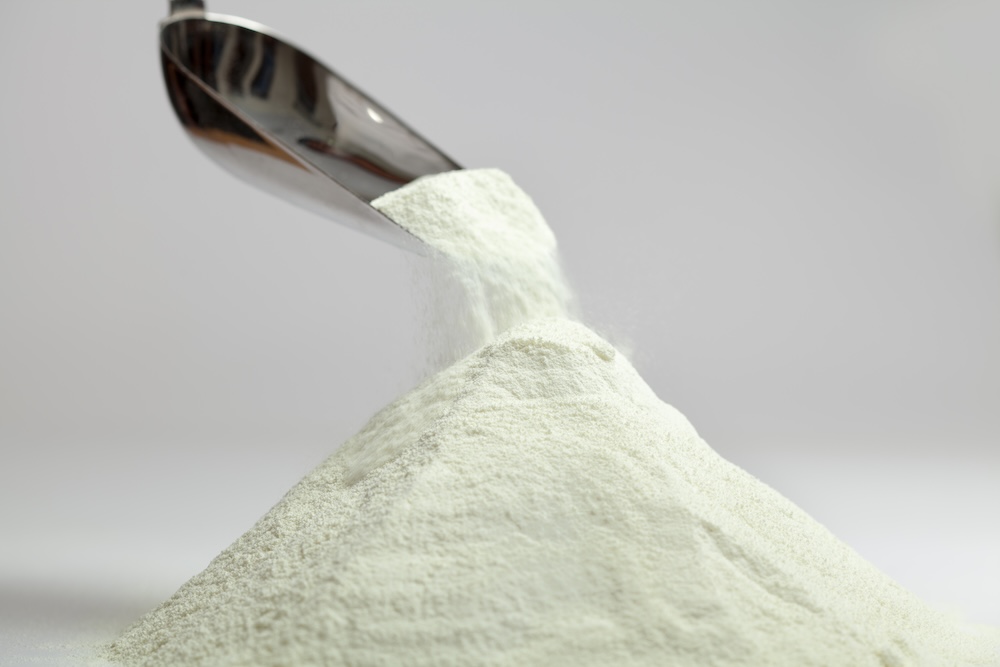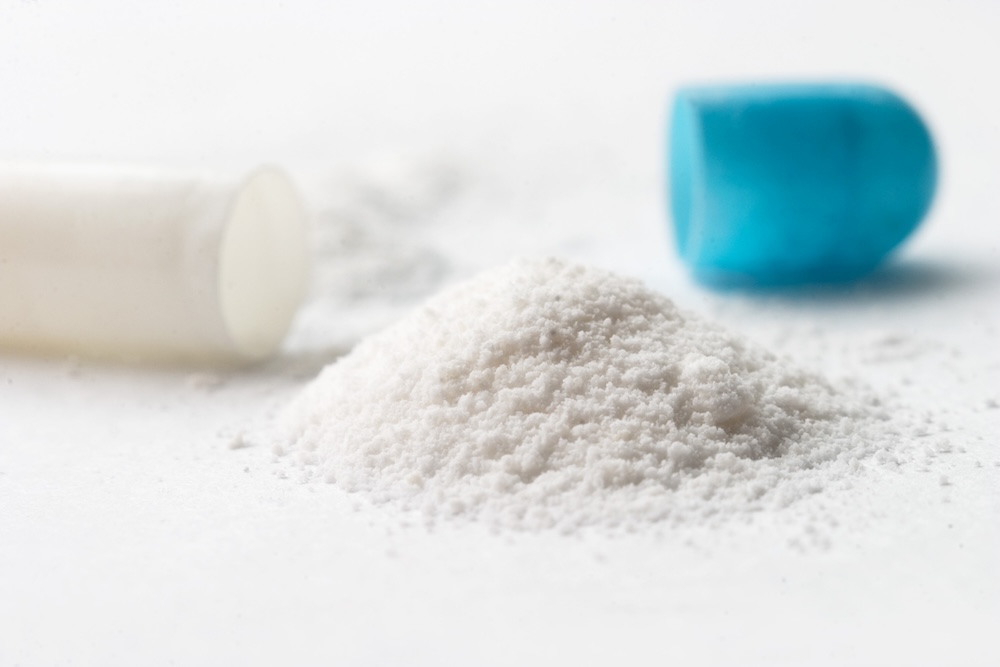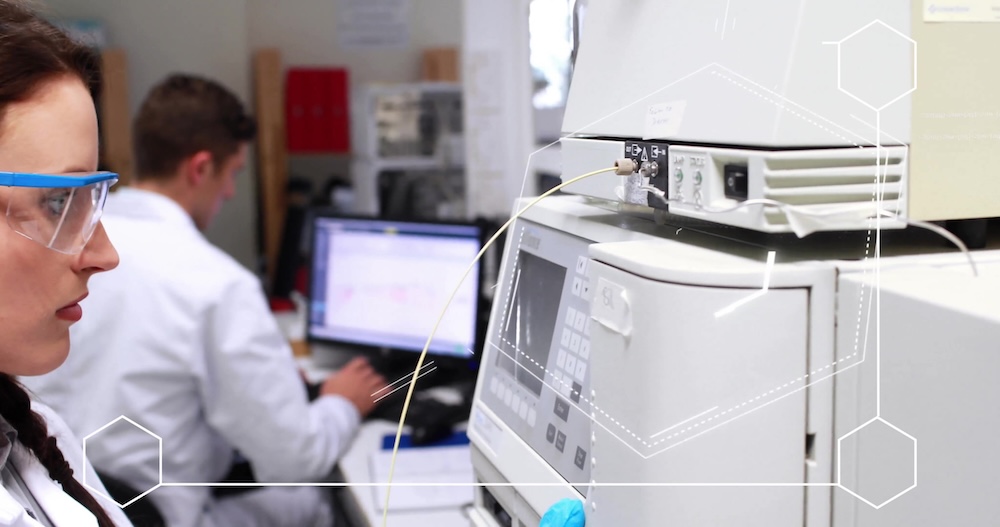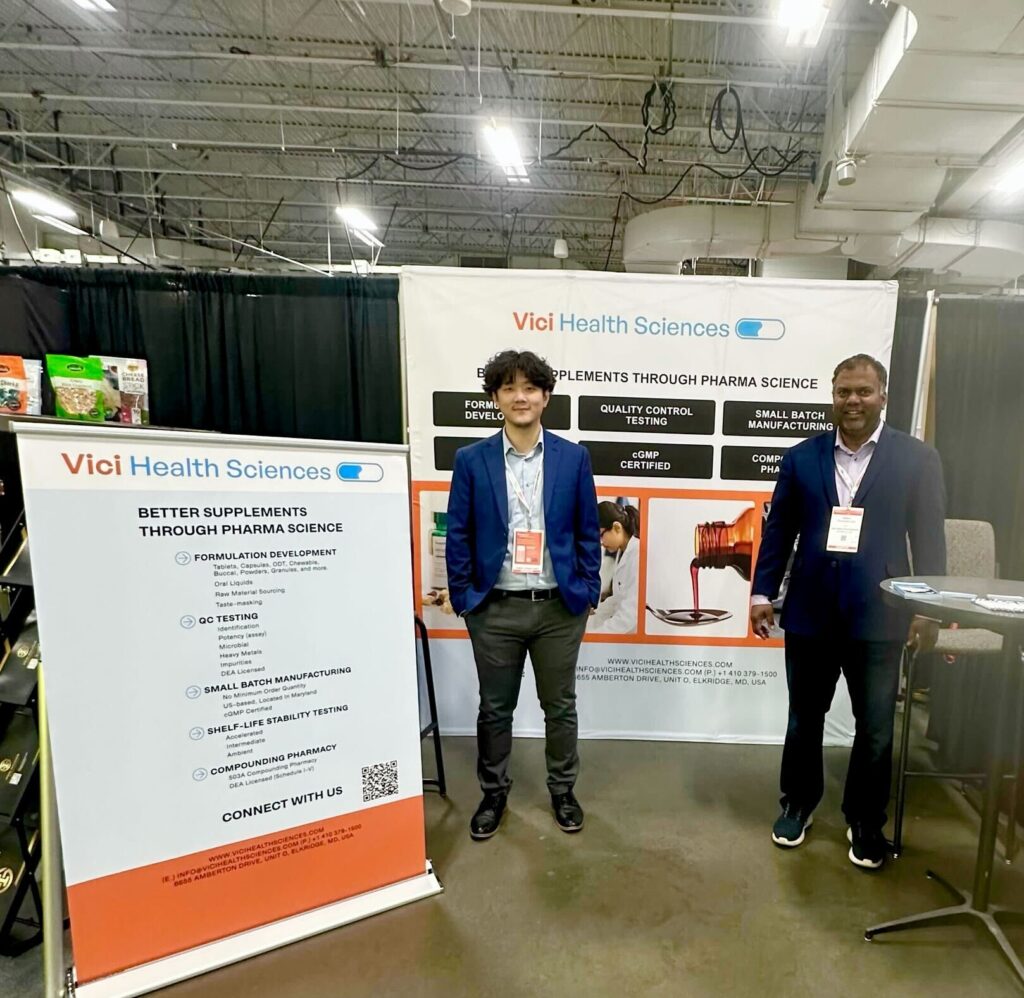The development of clinical trial material (CTM) is a critical phase in the pharmaceutical industry, especially in preparation for human clinical trials. Whether it’s an active pharmaceutical ingredient (API), placebo, or comparator drug, these materials must meet stringent FDA requirements to ensure patient safety and trial efficacy.
Contract Development and Manufacturing Organizations (CDMOs) are key to this process. They ensure that clinical trial materials meet regulatory standards and are safe and effective for participants. This article explores how CDMOs support the development of FDA-approved trial materials, focusing on the technical and regulatory aspects involved.
Understanding Clinical Manufacturing and Clinical Trial Material (CTM)
Clinical manufacturing, or CTM manufacturing, differs in important ways from commercial pharmaceutical manufacturing. While commercial manufacturing focuses on producing large, uniform batches for the market, clinical manufacturing is more flexible and adapts to ongoing research needs. This often means smaller-scale production with possible adjustments to formulations and dosages based on real-time trial results.
Clinical trial material refers to the investigational drugs given to participants during clinical trials. These materials are essential for evaluating a drug’s safety and effectiveness. Producing CTM involves several steps, including formulation development, manufacturing under current Good Manufacturing Practices (cGMP), and thorough testing to meet regulatory standards.
The process starts with pre-formulation studies, where the drug’s physical and chemical properties are analyzed. This step helps in designing effective formulations that can later be scaled up for clinical use. After that, formulation development creates various dosage forms—like tablets, capsules, or injectables. Experienced CDMOs offer valuable expertise here, making sure the formulations are stable and safe for human use.
The Role of CDMOs in Clinical Manufacturing
CDMOs provide specialized services that support pharmaceutical companies throughout the drug development process, from early-stage formulation development to large-scale manufacturing. Involvement of the CDMO is particularly significant during the clinical trial phase, where they assist in producing CTMs that meet stringent regulatory requirements. This expertise is crucial for several reasons:
Scalability and Regulatory Compliance
As drugs transition from laboratory research to clinical trials, the demand for larger quantities of CTMs increases. CDMOs have the infrastructure necessary to scale production effectively while ensuring compliance with FDA regulations and cGMP standards, which dictate how drugs must be manufactured to guarantee their quality and safety.
Quality by Design (QbD)
This approach emphasizes designing processes that inherently ensure product quality. CDMOs implement QbD principles by identifying critical quality attributes and establishing robust manufacturing processes that mitigate risks associated with variability in drug production.
Analytical Testing and Quality Control
Every batch of clinical trial material must undergo thorough analytical testing to confirm its identity, potency, purity, and stability. CDMOs use advanced techniques like High-Performance Liquid Chromatography (HPLC) and Mass Spectrometry (MS) to ensure the material meets these requirements. Stability testing ensures that the CTM remains effective throughout the trial, as any degradation could compromise results.
Documentation and Transparency
Comprehensive documentation is essential throughout the manufacturing process. CDMOs maintain detailed records of all procedures, tests, and outcomes related to CTM production. This transparency is crucial for regulatory submissions and inspections by authorities such as the FDA.
Key Components of cGMP-Compliant CTM Production
To produce clinical trial materials successfully, CDMOs focus on three main components:
1. Qualification: It’s crucial to establish the right mix of drug substances, trained staff, and advanced manufacturing technologies. This includes assessing whether the equipment is suitable for the drug product.
2. Validation: Validation ensures that the manufacturing process consistently produces products that meet the required specifications. This involves testing at different stages to confirm both quality and consistency.
3. Documentation: Keeping detailed records throughout the production process is essential for regulatory compliance. This includes documenting all tests, results, and any deviations from the standard procedures.
Advantages of Specialty Clinical Trial Manufacturing Services
Using specialty clinical trial manufacturing services, like Vici Health Sciences, can speed up the entire clinical trial process and help pharmaceutical companies get their drugs to market faster. These services offer crucial expertise in areas such as:
-
- Final dosage forms
-
- Packaging
-
- cGMP guidelines,
-
- Logistics
Specialty CDMOs also help ensure a smooth transition from clinical trial production to large-scale manufacturing. These services have top-notch facilities and cutting-edge technology, which save pharmaceutical companies the high costs of building and maintaining these resources themselves.
Additionally, when a project needs to change direction, specialty CDMOs have the flexibility and infrastructure to adapt quickly without sacrificing quality or deadlines. By taking advantage of these specialized services, pharmaceutical companies can boost efficiency and stay focused on moving their drug development programs forward.
Fast-Track Your Clinical Trials with Vici Health Sciences’ Specialized Manufacturing Solutions
Partnering with Vici Health Sciences can make a big difference in tackling the complexities of clinical manufacturing. Pharmaceutical companies can tap into our specialized expertise and resources to handle these challenges effectively.
Our in-depth knowledge of formulation development, manufacturing processes, and regulatory requirements can help lighten the load. This teamwork makes the clinical trial process smoother and boosts your chances of getting FDA approval for clinical trial materials.
Don’t leave your success up to chance—reach out to Vici Health Sciences today to find out how we can help with your clinical trial needs and speed up your journey to market.






